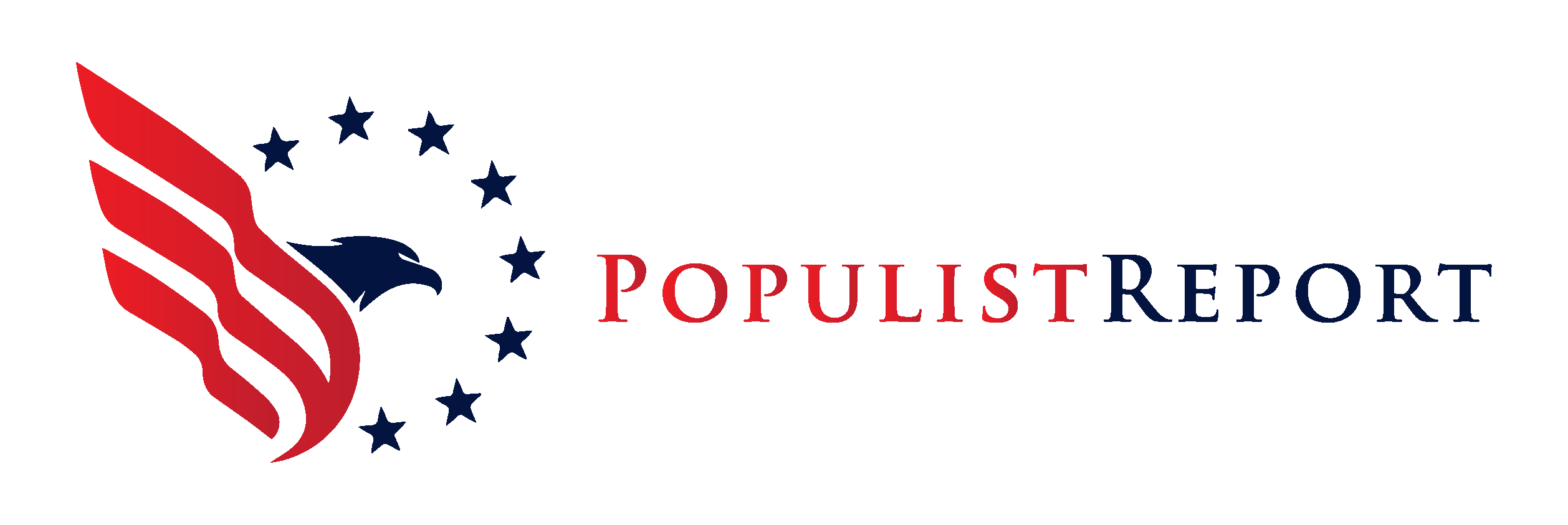Prominent pollster J. Ann Selzer is bowing out of the polling game after her Iowa-focused survey for the 2024 election missed the mark so badly it seemed like satire. Her final effort for The Des Moines Register underestimated Donald Trump’s support by a staggering 16 points, a misstep that not only shocked the political world but also raised serious questions about the reliability of modern polling. Apparently, the once-celebrated “gold standard” of Iowa polls couldn’t quite capture the red wave that swept through the state.
Selzer’s polling firm had predicted a narrow victory for Vice President Kamala Harris, giving her a 47-44% edge over Trump in Iowa just days before the election. That rosy projection for Democrats was seized upon by the media, eager to spin a narrative of a potential Harris upset. Instead, reality hit hard on Election Day, as Trump crushed Harris with a decisive 13-point win, securing 56% of the vote. Selzer later admitted her poll not only failed spectacularly but might have actually energized Republican voters who decided not to leave anything to chance.
Following the debacle, Gannett Media, the parent company of The Des Moines Register, promised to reassess its approach to polling. The Iowa Poll, long regarded as a reliable guide to voter sentiment, is now under scrutiny. Kristin Roberts, Gannett’s chief content officer, acknowledged the glaring errors and assured readers that changes were coming. While the company pledged to “evolve” its polling practices, Roberts stopped short of providing concrete solutions to avoid future flops. Her admission that the poll failed to live up to its reputation was a stark indictment of an institution that once shaped political narratives with confidence.
Selzer’s reputation as a pollster had been nearly untouchable before 2024. Since taking the reins of the Iowa Poll in 1997, her firm had delivered remarkably accurate predictions, with only one major miss in six previous presidential elections. Yet the enormity of this year’s error has overshadowed decades of success, leading to speculation about whether polling in general has become an outdated art. As voter behavior becomes harder to predict and Trump’s base continues to defy traditional metrics, the entire industry may need to rethink how it gauges the political pulse.
The collapse of Selzer’s final Iowa Poll highlights the broader struggles facing traditional polling in today’s volatile political landscape. Enthusiastic voter turnouts, shifting demographics, and a media eager to amplify any narrative that suits its agenda have combined to render old methodologies less effective. While Selzer’s retirement marks the end of an era, it also serves as a cautionary tale for an industry increasingly out of step with the electorate. In a world where Trump supporters are underestimated and Harris voters overhyped, it’s clear the polling establishment has some serious soul-searching to do.

